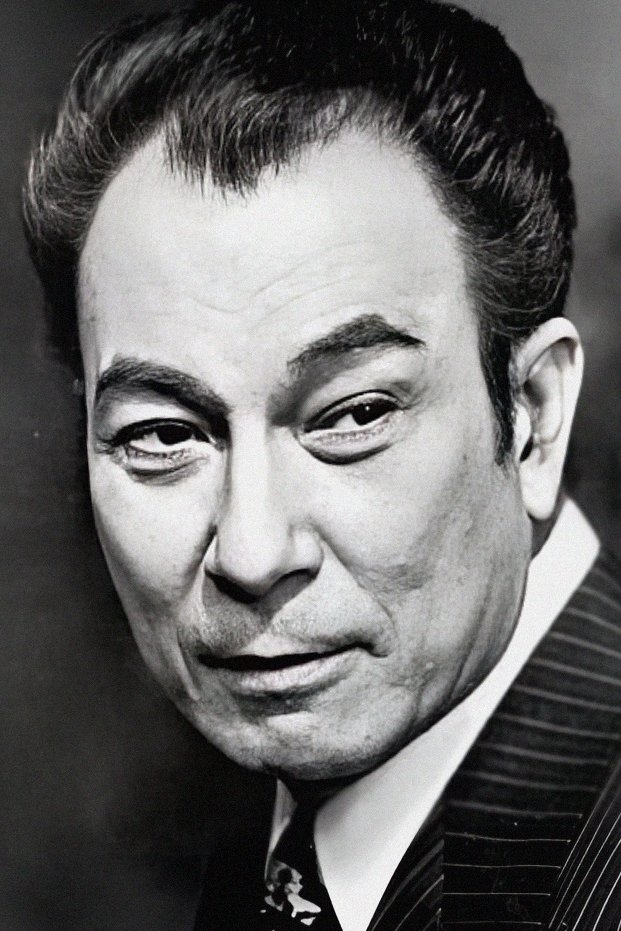
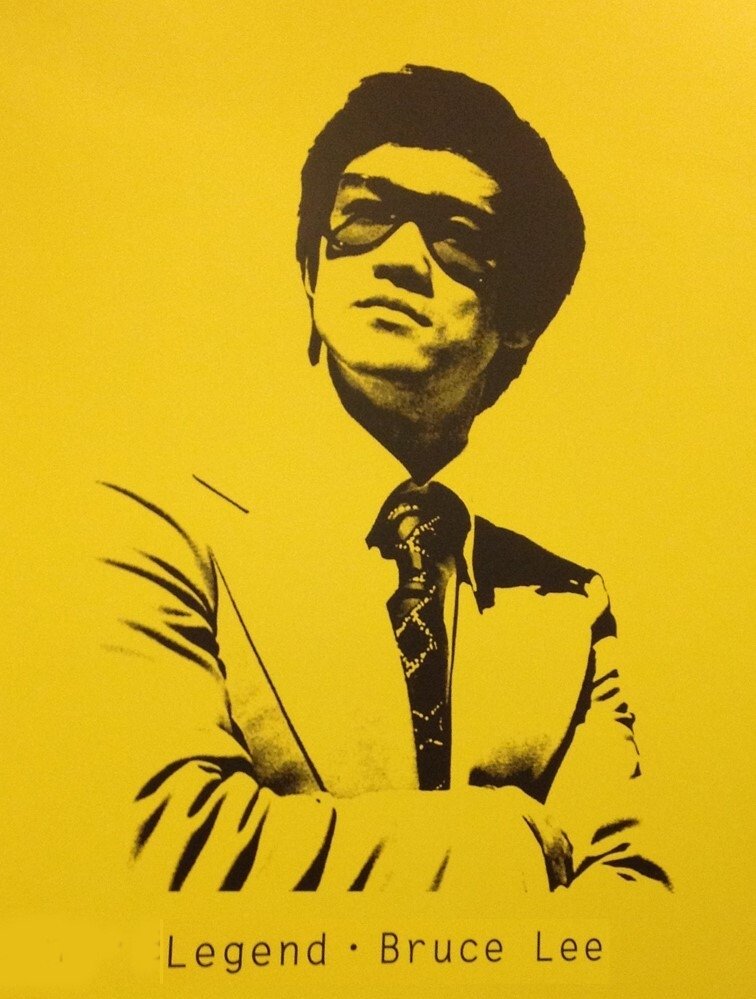
Screened perennially at Hong Kong Heritage Museum, The Brilliant Life of Bruce Lee is a documentary film about Bruce Lee’s life as part of an exhibition entitled "Bruce Lee: Kung Fu ‧ Art ‧ Life"
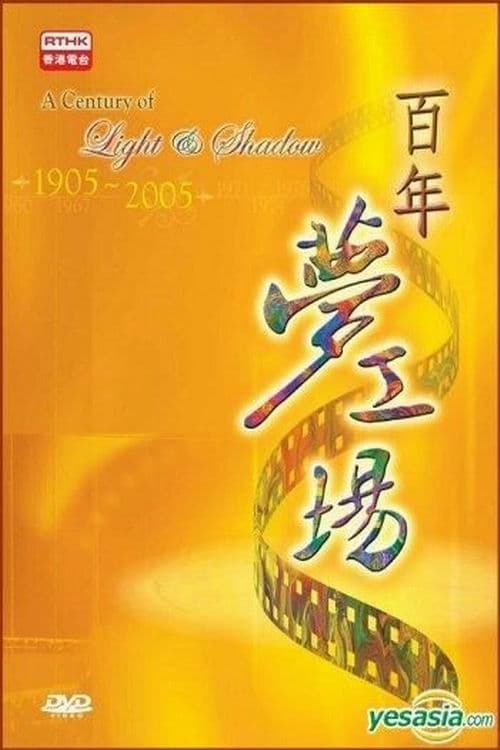
Revisit 100 years of Chinese cinema through the RTHK TV program A Century of Light and Shadow. Aired in 2005, this interesting and informative documentary traces the development of the Chinese film industry from the pioneering years to contemporary times. From the volley between Mandarin and Cantonese films to the rise of the New Wave, this program touches on all the major trends and developments that have helped define Chinese cinema and explores different genres and representative figures and films. From actors to directors, over 200 film industry names, including Jackie Chan, John Woo, Sammo Hung, Connie Chan, Andrew Lau, Peter Chan, and Lau Ching Wan, appear in the program, bringing their intimate knowledge of the industry and providing insight about what lies ahead for Chinese cinema.
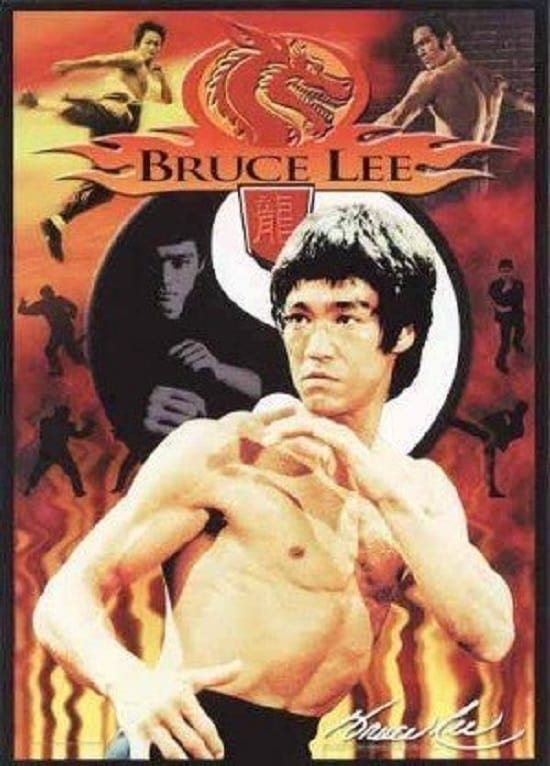
This insightful documentary takes an in-depth look at the life of Bruce Lee, and the physical and mental practices he employed on his way to becoming the most popular martial arts star in the world. Utilizing footage of Lee both practicing and teaching Jeet Kune Do, as well as interview footage with the people who both knew and worked with Lee--including James Coburn, Bob Wall, Van Williams, Brandon Lee, and more--THE LEGEND LIVES ON is a comprehensive examination and celebration of a true artist.
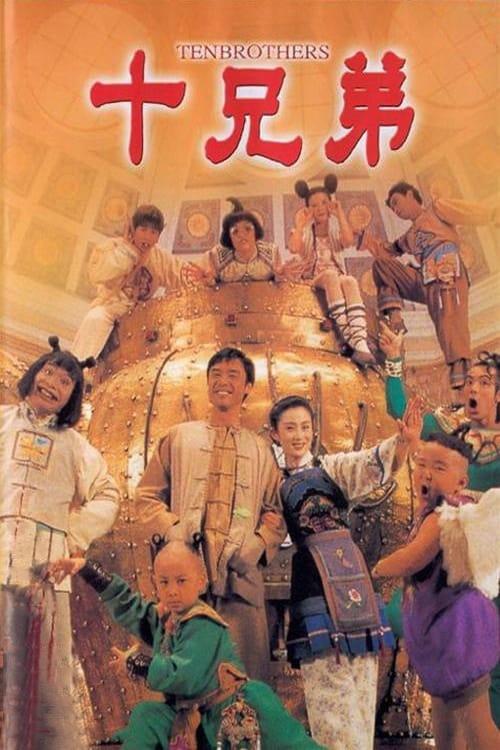
A silly fantasy/adventure film about a man and wife who inherit a magical bracelet that bestows ten sons unto them. It soon becomes apparent that there are ill-intentioned others who want to use the ten brothers to their own advantage.
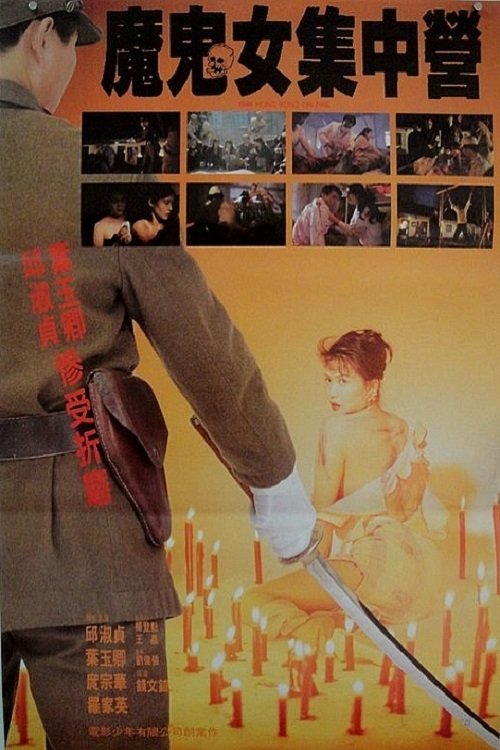
A family suffers at the hands of the Japanese during the occupation of Hong Kong. On December 25, 1941, the Japanese army occupied Hong Kong. The pawnshop owner, Luo Kai has three daughters, the eldest daughter Wangdi, the second daughter Xindi, and the youngest daughter Aidi. When the Japanese army captured Kowloon, Aidi was violently tortured by the Japanese army and suffered a mental disorder. Xindi followed his lover Shen Fang to rescue the wounded in the temporary hospital. In order to curry favor with the Japanese army, Luo Kai did not hesitate to sacrifice his eldest daughter Wangdi. However, not long after he became a traitor, his second daughter Xindi was attracted by a Japanese military officer. Luo Kai finally couldn't bear to fight against Wangdi to stop him. In the chaos...
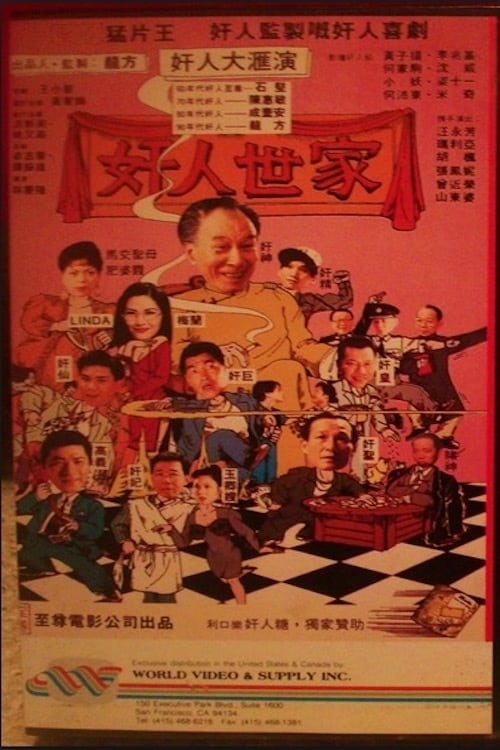
Mad mix of comedy and action as a family of thugs and Triads can't see eye to eye and so end up going fist to fist.
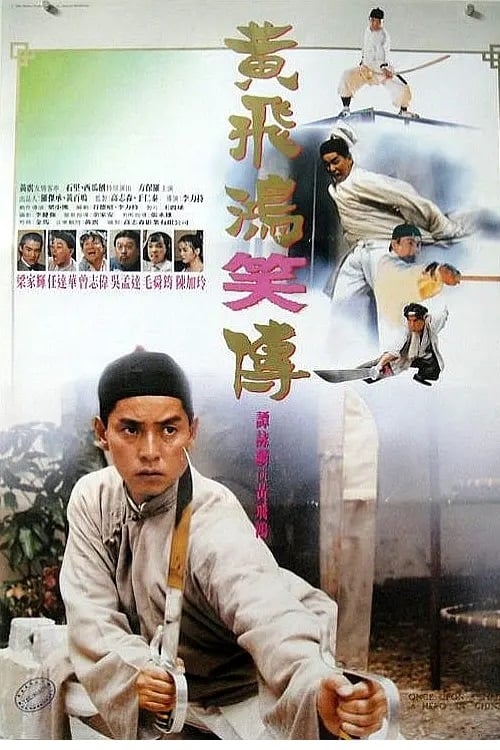
The story of a cook who tries to stop an opium ring in ancient China.
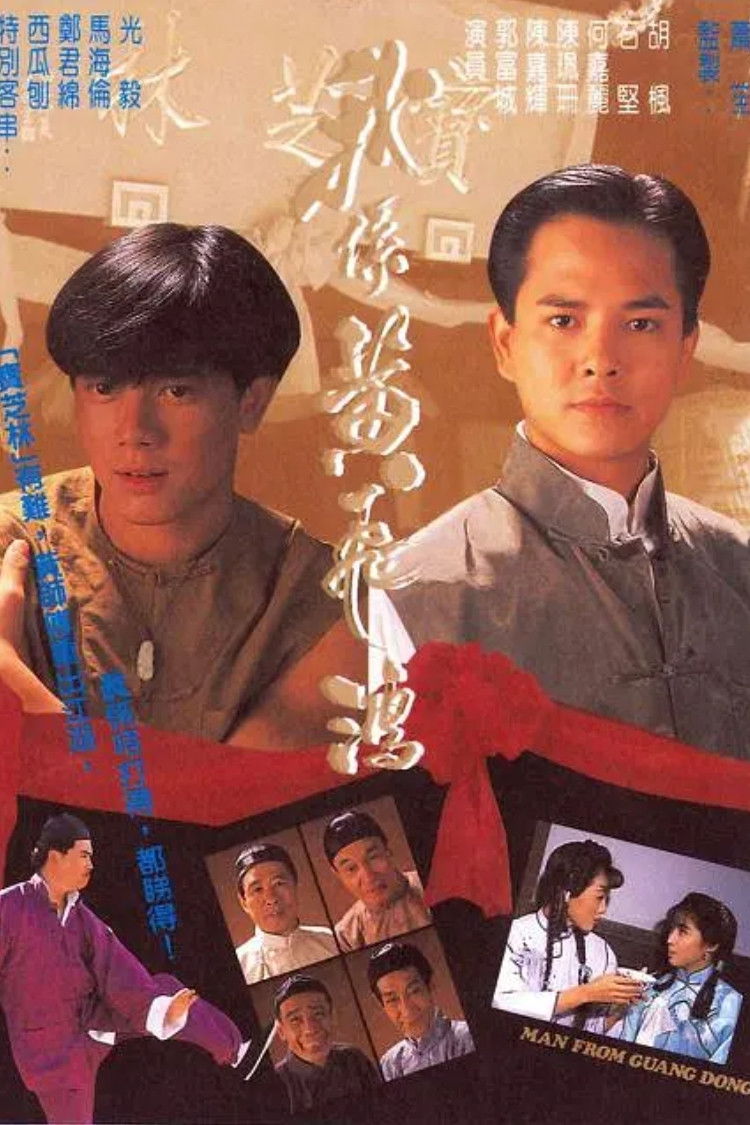
Shih Kien (Chinese: 石堅, 1 January 1913 – 3 June 2009), also known as Shek Wing-cheung, Sek Gin, or Shek Kin, was a Hong Kong–based Chinese actor and martial artist. He was born on January 1, 1913 in Shigang, Guangzhou, China and died on June 3, 2009 in Hong Kong. Sek Kin began his career in the film industry in 1939 as a make-up artist. He made his acting debut in 1940 with the film "Flower in a Sea of Blood". In the 1950s and 1960s, he became well-known for his roles as villains in kung fu films. He appeared in many popular films of this era, including the "Wong Fei Hung" series, the "Fong Sai Yuk" series, and "Buddha's Palm". In 1973, Sek Kin starred opposite Bruce Lee in the film "Enter the Dragon". He played the role of Han, the main villain of the film. Sek Kin's performance in "Enter the Dragon" was critically acclaimed and he is considered to be one of the greatest villains in kung fu cinema. In the 1970s and 1980s, Sek Kin continued to act in both films and television series. He also began to work as a production manager on films. In 1996, he was honored with the Lifetime Achievement Award of the Hong Kong Film Critics' Association. In 2003, he was given the Professional Achievement Award at the Hong Kong Film Awards. Sek Kin died on June 3, 2009 at the age of 96. He was a highly respected actor who made a significant contribution to the Hong Kong film industry. He is remembered for his iconic roles as villains in kung fu films and for his groundbreaking work in the early days of Hong Kong cinema.
By browsing this website, you accept our cookies policy.